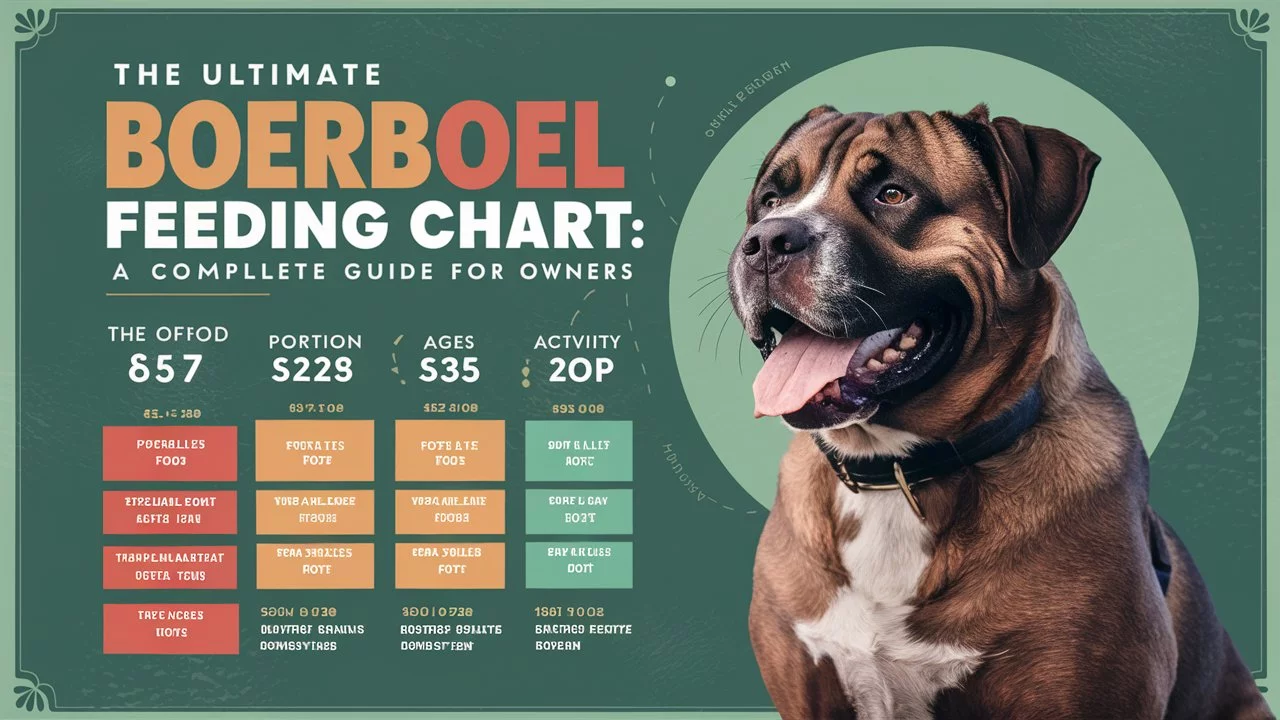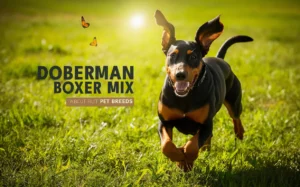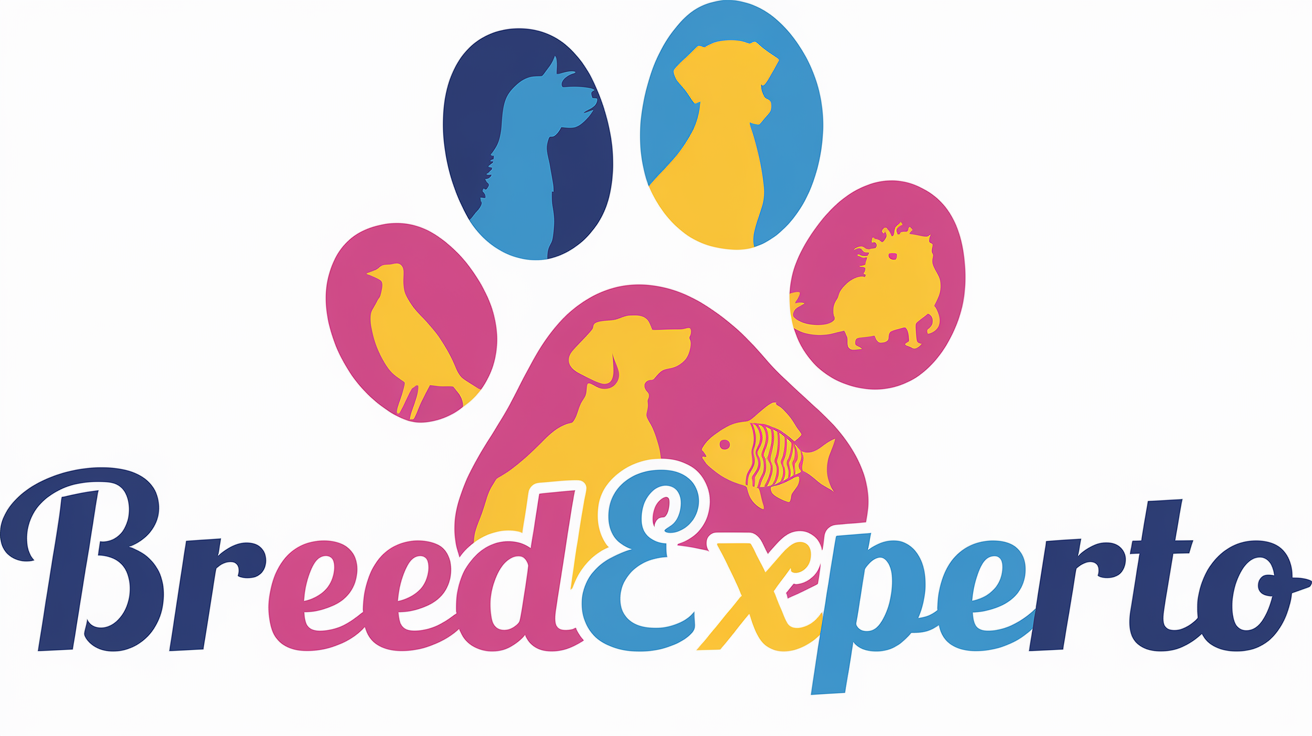Feeding your Boerboel the right way is crucial to ensuring its health and happiness. Boerboels are powerful, loyal dogs that require specific nutritional needs based on their age, weight, and activity level.
This comprehensive guide will take you through everything you need to know about feeding your Boerboel, including puppy feeding charts, adult dietary needs, and the best practices for ensuring your dog thrives.
Understanding Boerboel Nutrition

Before diving into the specifics of the feeding chart, it’s important to understand the nutritional requirements specific to Boerboels.
These dogs, originally bred in South Africa for guarding, have distinct energy needs that vary by life stage. Proper nutrition not only supports their physical health but also enhances their cognitive function and overall quality of life.
Key Nutritional Components
The main components of a Boerboel’s diet include:
- Proteins: Essential for muscle development and repair.
- Fats: Provide energy and support healthy skin and coat.
- Carbohydrates: Source of energy and essential for digestion.
- Vitamins and Minerals: Vital for overall health and immune function.
By understanding these components, you can create a balanced diet that meets your Boerboel’s specific needs.
Boerboel Puppy Feeding Chart
Feeding your Boerboel puppy correctly lays the foundation for a healthy adulthood. Here’s a breakdown of their nutritional needs as they grow.
Early Nutrition (Birth to 3 Weeks)
During the first three weeks of life, puppies rely entirely on their mother’s milk, which provides the necessary antibodies and nutrients. If the mother is unavailable, a high-quality puppy formula is essential.
Weaning Process (3 to 8 Weeks)
The weaning process is critical, as it transitions the puppy from milk to solid food. Here’s a suggested feeding chart during this stage:
| Age | Type of Food | Frequency |
| 3 – 4 Weeks | Puppy formula | Every 3-4 hours |
| 4 – 6 Weeks | Soft puppy food mixed with formula | 4 times a day |
| 6 – 8 Weeks | High-quality puppy kibble | 4 times a day |
When transitioning to solid food, gradually mix the puppy kibble with the formula to avoid digestive upset.
Growing Fast (8 Weeks to 6 Months)
At this stage, your Boerboel puppy requires more calories to support their rapid growth. A high-quality puppy food designed for large breeds is recommended.
Feeding Chart for 8 Weeks to 6 Months:
| Age | Amount per Meal | Frequency |
| 8 – 12 Weeks | 1 – 2 cups | 4 times a day |
| 3 – 6 Months | 2 – 4 cups | 3 times a day |
| 6 Months – 1 Year | 3 – 5 cups | 2 times a day |
Monitor their weight and adjust the quantity accordingly. Overfeeding can lead to developmental issues, so maintain a balanced diet.
Boerboel Adult Feeding Chart

Once your Boerboel reaches adulthood (around 1 year old), their nutritional needs shift. Adult Boerboels require fewer calories than puppies but still need a balanced diet to maintain muscle mass and energy levels.
Nutritional Requirements for Adults (1 to 7 Years)
The adult Boerboel’s diet should be rich in protein and moderate in fats. Here’s a general guideline:
- Protein: 20-30% of total diet
- Fat: 8-15% of total diet
Daily Caloric Intake:
| Weight (lbs) | Daily Calories |
| 90 | 1800 – 2200 |
| 100 | 2000 – 2400 |
| 110 | 2200 – 2600 |
Choose high-quality dog food specifically formulated for large breeds to ensure they receive the necessary nutrients without excess fillers.
Recommended Commercial Dog Foods
When selecting a commercial dog food for your Boerboel, look for options that list real meat as the first ingredient. Here are some reputable brands to consider:
- Royal Canin: Tailored formulas for large breeds.
- Orijen: High protein and grain-free options.
- Wellness CORE: Grain-free with added nutrients.
Always read the label and ensure the food meets AAFCO (Association of American Feed Control Officials) standards.
Boerboel Senior Adult Feeding Chart
As your Boerboel ages (around 7 years and older), their dietary needs will change again. Senior dogs may require fewer calories, but their need for certain nutrients, like glucosamine for joint health, increases.
Adjustments in Diet for Seniors
- Calories: Reduce by 10-20% based on activity level.
- Protein: Maintain a higher protein level (25-30%) to prevent muscle loss.
- Fat: Moderate (8-12%) to manage weight.
Senior Feeding Chart:
| Weight (lbs) | Daily Calories |
| 90 | 1500 – 1800 |
| 100 | 1700 – 2000 |
| 110 | 1900 – 2200 |
Select a senior dog food that includes joint-supporting supplements and is easy to digest.
Recommended Senior Dog Foods
- Blue Buffalo Life Protection: Formulated for senior dogs with healthy whole grains.
- Nutro Ultra: Focuses on a blend of proteins and joint support.
- Merrick Grain-Free Senior: Provides high protein and promotes healthy aging.
Detailed Nutritional Requirements of a Boerboel
To ensure optimal health, understanding the detailed nutritional requirements for your Boerboel is essential.
Protein
Protein is crucial for muscle development and maintenance. Look for dog foods that provide high-quality sources, such as chicken, beef, or fish. Aim for a minimum of 20% protein in adult diets and up to 30% for puppies.
Fatty Acids
Fatty acids, especially Omega-3 and Omega-6, are vital for maintaining a healthy coat and skin. Incorporate sources like fish oil or flaxseed oil into their diet. A healthy fat content should be around 8-15% for adults.
Carbohydrates
Carbohydrates provide the necessary energy for your Boerboel’s active lifestyle. Opt for complex carbohydrates such as sweet potatoes or brown rice. Keep in mind that the inclusion of carbs should be balanced to avoid obesity.
Grain-Free or Not?
The decision to go grain-free can be debated among dog owners. Here are some considerations:
Pros:
- Reduces the risk of allergies.
- More protein and fiber-rich foods available.
Cons:
- Grain-free diets may lead to nutritional deficiencies if not properly balanced.
- Some studies suggest a potential link between grain-free diets and certain heart issues (DCM) in dogs.
It’s essential to consult your veterinarian before making any drastic changes to your Boerboel’s diet.
Supplements for Your Boerboel

Supplements can be beneficial in supporting your Boerboel’s overall health, especially as they age. Here are common supplements you might consider:
- Glucosamine and Chondroitin: Support joint health.
- Omega-3 Fatty Acids: Promote skin and coat health.
- Probiotics: Aid in digestion and gut health.
Always consult with your veterinarian before introducing any supplements into your dog’s diet, as they can provide tailored recommendations.
Raw Diet for Boerboels
The raw diet is gaining popularity among dog owners, but it requires careful consideration.
Pros
- Natural Ingredients: Raw diets often consist of whole foods without fillers or artificial preservatives.
- Improved Coat Condition: Many owners report shinier coats and better skin health.
- Better Digestion: Raw diets can lead to firmer stools.
Cons
- Nutritional Imbalances: It can be challenging to balance a raw diet, which may lead to deficiencies.
- Bacterial Risks: Raw meat can harbor harmful bacteria, which poses a risk to both dogs and humans.
- Cost and Preparation: Raw diets often require more time and financial investment.
Guidelines for Implementing a Raw Diet
If you choose to pursue a raw diet for your Boerboel, follow these guidelines:
- Consult a Vet: Ensure you understand the nutritional needs.
- Balance the Diet: Include a mix of muscle meat, bones, organ meat, and vegetables.
- Handle Raw Food Safely: Practice good hygiene to minimize bacterial risks.
Common Feeding Mistakes to Avoid
Feeding your Boerboel comes with its own set of challenges. Here are some common mistakes to avoid:
- Overfeeding vs. Underfeeding: Monitor your dog’s weight and adjust food portions accordingly. A healthy Boerboel should have a visible waistline.
- Ignoring Weight Changes: Keep track of your dog’s weight and body condition. Sudden changes can indicate health issues.
- Not Considering Food Allergies: Be aware of any signs of allergies, such as itching or gastrointestinal upset. Consult your vet for appropriate dietary adjustments.
The Key to a Healthy Boerboel
A balanced diet is the foundation for a healthy Boerboel. Regular veterinary check-ups and open communication with your vet can help address any dietary concerns. Here’s a quick recap:
- Follow Age-Appropriate Feeding Charts: Ensure you adjust your Boerboel’s diet as they grow and age.
- Choose Quality Ingredients: Opt for dog foods rich in protein and free from fillers.
- Monitor Health Regularly: Keep an eye on your Boerboel’s weight and behavior to catch any potential issues early.
Conclusion
Feeding your Boerboel the right way requires knowledge, attention, and a commitment to their health.
By following this comprehensive feeding chart and guidelines, you can ensure your Boerboel receives the balanced nutrition they need at every life stage.












